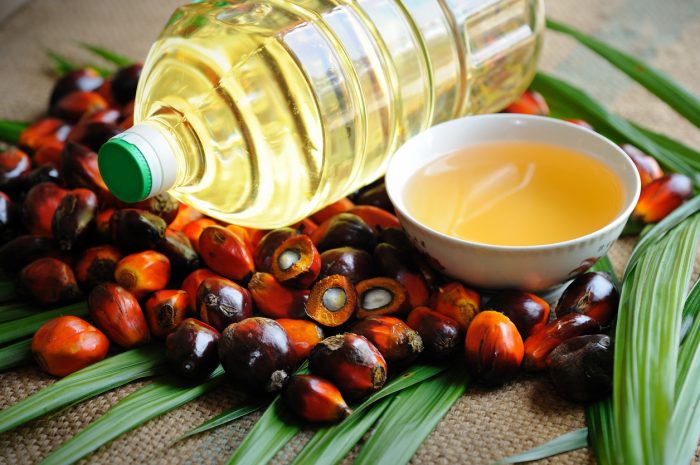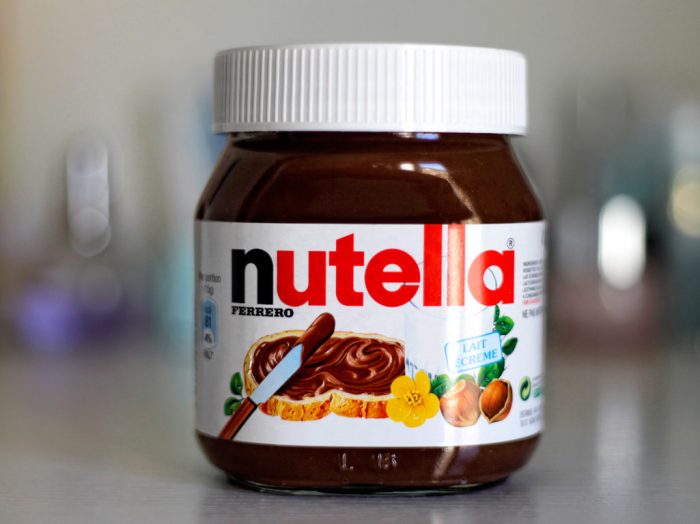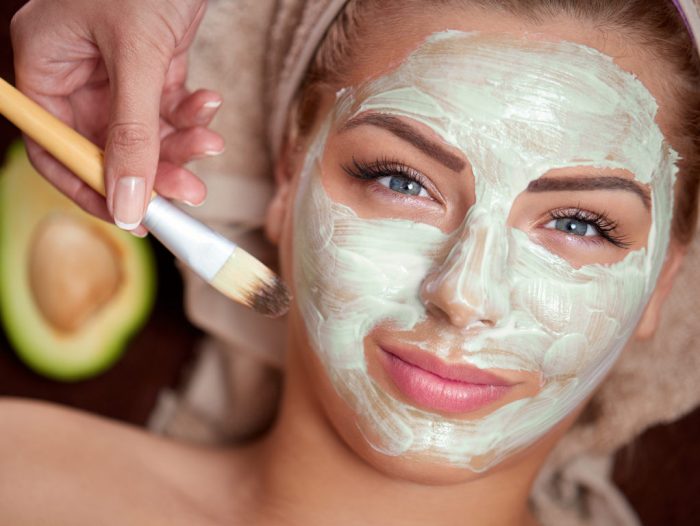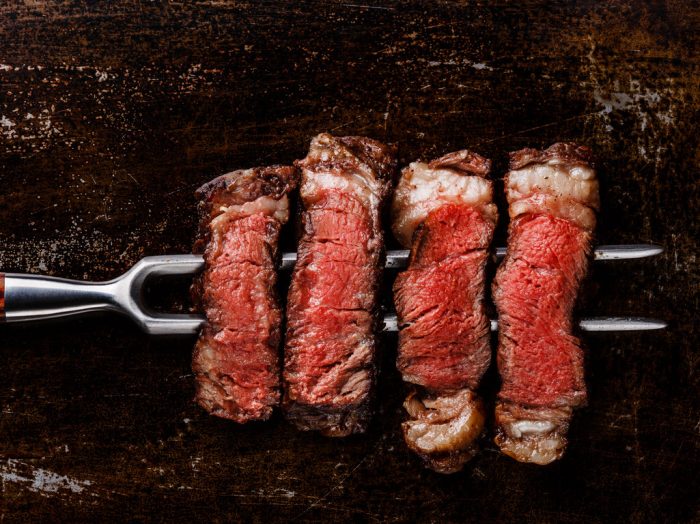The palm oil industry is under pressure in Europe, after authorities listed the edible oil as a cancer risk. Nutella placed itself as a vocal ally of the palm oil industry in the food sector. The Italian company that makes Nutella says that the decision to keep palm oil in its chocolate spread, despite safety concerns, is about quality, not cost.
The European Food Safety Authority (EFSA) said in May 2016 that palm oil – one of the main ingredients in Nutella – generated more of a potentially carcinogenic contaminant than other vegetable oils when refined at temperatures above 200 degrees Celsius, according to Reuters. EFSA did not, however, recommend consumers stop eating it and said a further study was needed to assess the level of risk.
In May 2016, Coop, Italy’s largest supermarket chain, pulled around 200 of its own-brand products from its shelves, because they contained refined palm oil, which some say may increase the risk of developing cancer. Nutella was not among the products removed.
Nutella – the ally of palm oil industry
Still, in October of last year, the Italian food giant Ferrero – which makes Nutella and Kinder – launched an advertising campaign in Italy, that assures consumers that palm oil used in Nutella is safe to eat.
On its site, Nutella.com, the company notes only the advantages of palm oil: “Compared to other vegetable oils, palm oil production takes up less land. Oil palm trees produce, on average, 3.7 tonnes of palm oil per hectare in comparison to other competitor seeds (soybean, sunflower, and rapeseed) that yield less than 0.7 tonnes of oil per hectare. (…) The use of palm oil in human nutrition dates back to over 10.000 years. It is the best ingredient for giving Nutella the right smoothness, guaranteeing its special spreadability and, above all, avoiding the hydrogenation process that would produce otherwise unhealthy trans fats”.
It’s unclear why the eight-month-old report is only now causing panic.
Nutella motivations vs Financial implications
Ferrero has taken a public stand in defense of this ingredient. “Making Nutella without palm oil would produce an inferior substitute for the real product, it would be a step backward,” Ferrero’s purchasing manager Vincenzo Tapella told Reuters.
Any move away from palm oil would also have economic implications as it is the cheapest vegetable oil, costing around $800 a ton, compared with $845 for sunflower oil and $920 for rapeseed oil, another possible substitute. Ferrero uses about 185,000 tonnes of palm oil a year, so replacing it with those substitutes could cost the firm an extra $8-22 million annually, at those prices, Reuters calculated. The company declined to comment on these calculations.
Ferrero insists that the decision to keep palm oil in Nutella, despite safety fears, is about quality, not cost. “The palm oil used by Ferrero is safe because it comes from freshly squeezed fruits and is processed at controlled temperatures,” Vincenzo Tapella says in the TV ad, which was filmed at the firm’s factory in the northern town of Alba and was accompanied by full-page ads in newspapers carrying the same message. EFSA declined to comment on the possible risks of refining palm oil at lower temperatures.

Ferrero is the only big European food company to mount such a public defense of the use of this ingredient in its products following the EFSA opinion. The company told Reuters it carried out “hundreds of thousands of tests” on contaminants in both the palm oil it uses and finished products.
Retail sales of Nutella in Italy fell by about 3 percent between August 2015 and August 2016, which Ferrero partly blamed on rivals promoting products as palm oil-free.
The World Health Organization and the U.N. Food and Agriculture Organization flagged the same potential risk that EFSA had warned of regarding genetically modified (GM) organisms, but did not recommend consumers stop eating palm oil. The U.S. Food and Drug Administration also has not banned the use of palm oil in food.
More than half of all packaged products Americans consume contain palm oil—it’s found in lipstick, soaps, detergents and even ice cream.






